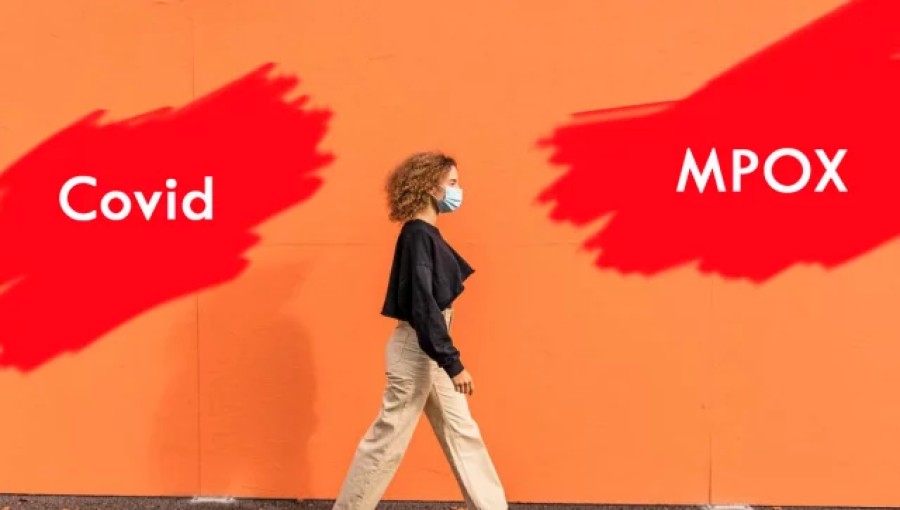Geneva, August 21 — The World Health Organization (WHO) has confirmed that the current outbreak of Mpox, previously known as monkeypox, is not the new COVID-19, whether it is a new or existing variant. The WHO emphasized that authorities have the knowledge and tools necessary to control the spread of the virus.
Hans Kluge, WHO's European Regional Director, made these remarks during a UN media briefing on Tuesday, according to reports from the British news agency Reuters. Kluge urged global cooperation to combat the virus effectively. “Together we can and must tackle Mpox,” Kluge stated, emphasizing the importance of decisive action. “How we respond now will be an important test for Europe and the world in the coming years.”
This comes after WHO Director-General Tedros Adhanom Ghebreyesus expressed concern about the potential for Mpox to spread further, particularly in Africa. He called for a coordinated international response to prevent the virus from spreading and to save lives.
Initially detected in African countries, Mpox has now spread rapidly across the globe, including Europe and Asia. In light of this, the WHO declared Mpox a global public health emergency of “very concern” on Wednesday. The declaration underscores the urgency of the situation as the virus continues to spread.
Several countries, including the United States, the United Kingdom, China, Japan, Pakistan, and numerous African nations, have issued special warnings to combat the virus. These warnings aim to raise awareness and implement measures to prevent further outbreaks.
Mpox was first identified in humans in 1970 in the Democratic Republic of Congo (DRC) and has since caused two major outbreaks in Africa. The virus spreads through close contact with an infected person or through respiratory transmission. Symptoms are similar to the flu and can include skin lesions, which can be fatal. The current mortality rate among those infected stands at 4%.
The latest outbreak in the DRC has affected 13,700 people since the start of the year, resulting in at least 450 deaths. The virus has since spread to other African countries, including Burundi, the Central African Republic, Kenya, and Rwanda.
This is not the first time that Mpox has been declared a global public health emergency. In July 2022, a variant of Mpox spread to about 100 countries, affecting 87,000 people and resulting in 140 deaths, according to WHO data.
The global community now faces a critical decision: to implement measures to control and eradicate Mpox or risk another cycle of panic and neglect. The WHO's call to action highlights the importance of a coordinated response to this public health challenge.





























Comment: